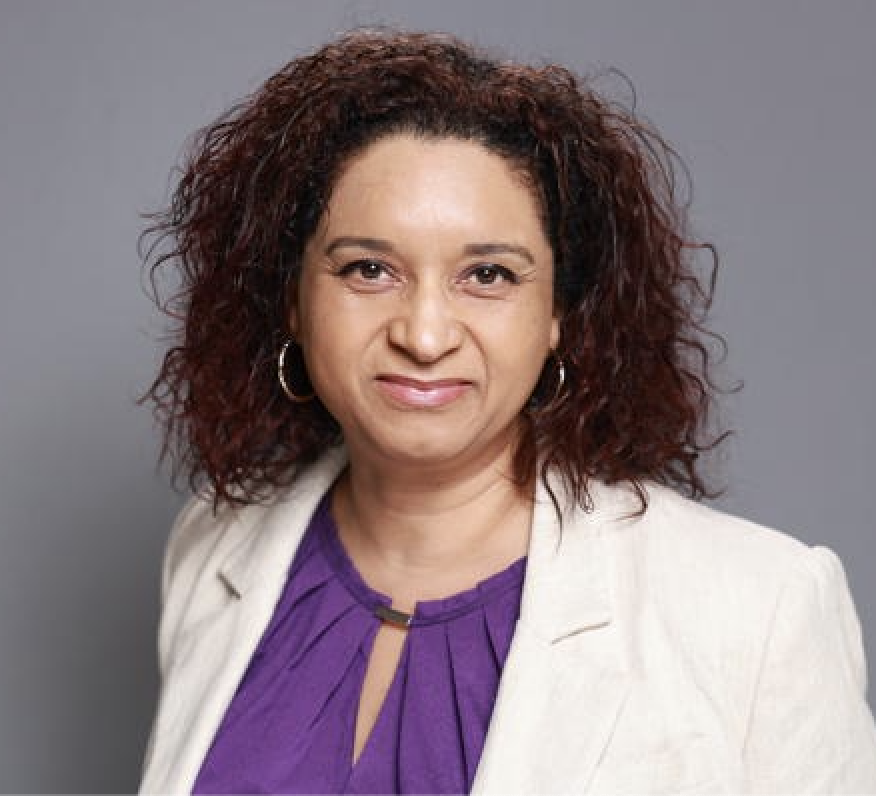
Module 2: Assessment of Racial Trauma
Pricing
Information
Recorded
Learning Objectives
Participants will be able to:
-
Identify the cumulative and layered nature of racial trauma, including its cultural, historical, and interpersonal dimensions.
-
Administer validated measures and semi-structured interviews, such as the UnRESTS (UConn Racial Ethnic Stress and Trauma Survey) tool, to assess racial trauma in diverse clients.
-
Evaluate clients’ explanatory models of their trauma, cultural identity, and experiences with racism to build a comprehensive case conceptualization.
-
Recognize barriers clients of color may face in accessing care and navigate these challenges to create a safe, supportive therapeutic environment.
-
Develop effective, trauma-informed reports to document racial trauma for clinical, legal, workplace, or educational purposes.
Educational Goal
Description
Racism can cause profound psychological stress or trauma, manifesting as emotional, cognitive, and physical symptoms that may or may not fit within traditional PTSD diagnostic frameworks. The cumulative nature of racial trauma often includes experiences of cultural and historical trauma, microaggressions, systemic racism, and invalidating responses. Despite its prevalence, many therapists lack the training or tools needed to accurately assess racial stress and trauma in their clients. In this module, Dr. Monica Williams introduces the first stage of the Racial Trauma Treatment Protocol: Assessment. Participants will learn how to conduct clinical interviews, administer validated measures, and integrate findings into a comprehensive understanding of racial trauma. Through real-world examples, such as the case study of Amy, this module explores how to identify the impact of racism, assess cumulative trauma, and create meaningful reports for clinical, legal, or workplace contexts. Participants will leave with a foundational skill set to assess racial trauma effectively, equitably, and sensitively.
Presenters
